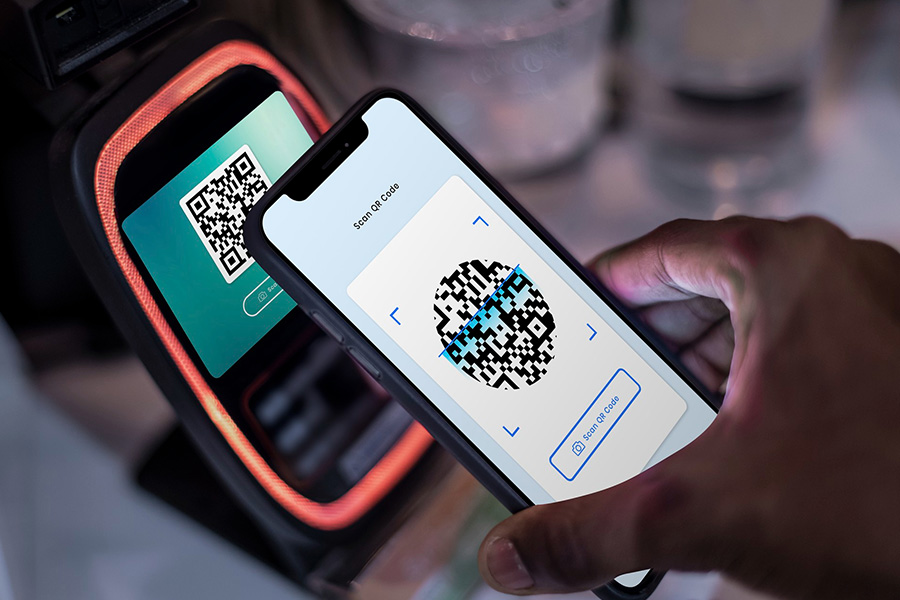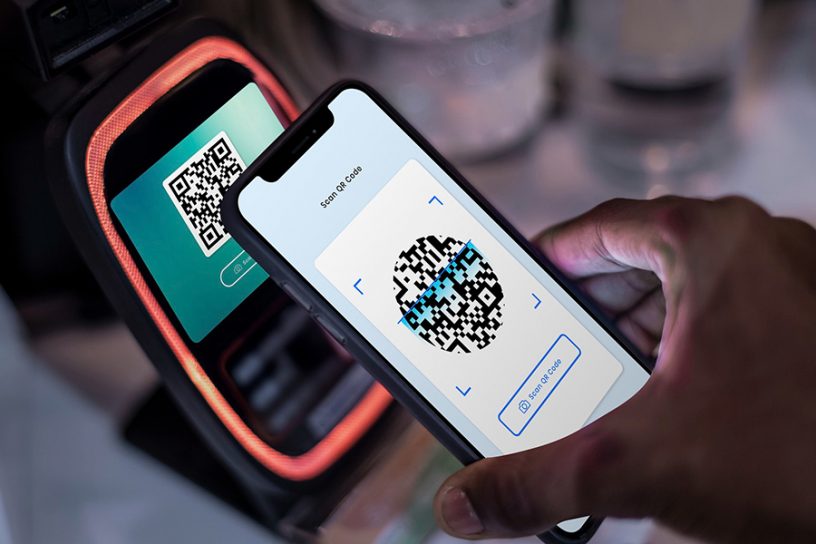
Results show a positive influence of mobility, social influence, and reputation, while a negative effect of perceived risk on trust in m-payment services.
Authors
Sumedha Chauhan, Professor, Jindal Global Business School, O.P. Jindal Global University, Sonipat, India.
Poonam Kumar, Indian Institute of Management Sambalpur, Odisha, India .
Yuvraj Gajpal, Asper School of Business, University of Manitoba Winnipeg, Canada.
Luvai Motiwalla, Manning School of Business, University of Massachusetts Lowell, USA.
Summary
The mobile payment (m-payment) services have enabled the users to make payment using mobile devices anytime and anywhere. There is a dearth of research that establishes an integrated model for investigating the factors influencing trust in m-payment services and the impact of trust on the behavioural intention to use m-payment services in India.
Present study attempts to fulfil these gaps and takes a step further to identify how gender differences affect the relationship of different factors with trust in m-payment services. Survey data was collected from 373 individuals in India and analysed using the SmartPLS 3 software. Results show a positive influence of mobility, social influence, and reputation, while a negative effect of perceived risk on trust in m-payment services.
Additionally, multigroup analysis uncovered that men are more influenced by mobility and reputation, while women are more affected by social influence and perceived risk. The outcomes of present study will help m-payment service providers to better understand the factors that should receive the most attention to ensure that customers trust the m-payment service. The study also enables them to appreciate how gender differences affect trust in m-payment services.
Published in: Journal of Theoretical and Applied Information Technology
To read the full article, please click here.


